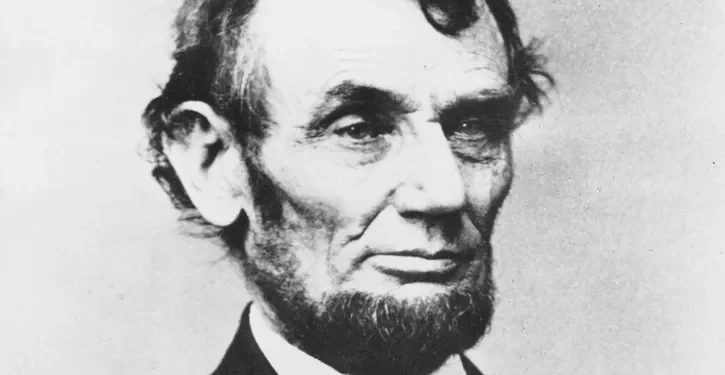Abraham Lincoln has been elected the 16th president of the United States, marking a decisive turning point in the nation’s history. His victory, secured without the support of southern states, has laid bare the deep divisions over slavery and states’ rights that threaten to tear the Union apart.
A divided nation
Lincoln, representing the Republican Party, triumphed in the 1860 election with a platform opposing the expansion of slavery into new territories. While he did not appear on the ballot in most southern states, his sweeping support across the North gave him a clear Electoral College majority. His election reflects a profound shift in American politics, as sectional tensions between North and South reached a breaking point.
Reactions and resistance
Southern leaders have denounced Lincoln’s victory as an existential threat to their way of life. Many now argue that secession from the Union is the only remaining option to preserve their economic and social systems built on slavery. Even before Lincoln takes office, several southern states are preparing to convene special conventions to consider leaving the Union.
Lincoln’s measured response
In his initial statements, Lincoln has sought to reassure the South that he has no intention of abolishing slavery where it already exists. Yet his commitment to halting its spread westward remains firm. His challenge will be to preserve national unity while confronting the moral and political contradictions that slavery presents.
The path ahead
As the president-elect prepares to assume office in March 1861, the United States stands at a crossroads. Hopes for compromise still flicker, but the prospect of civil conflict looms large. Lincoln’s leadership will soon be tested by one of the gravest crises in the nation’s history—whether the Union can survive a house divided against itself.
Newshub Editorial in North America – 6 November 2025




Recent Comments